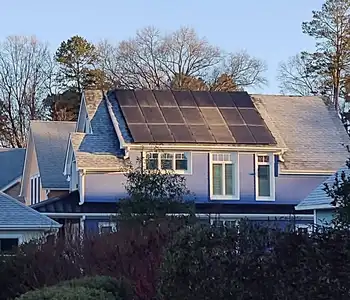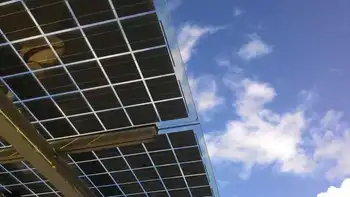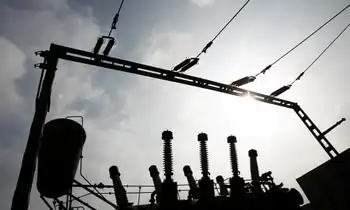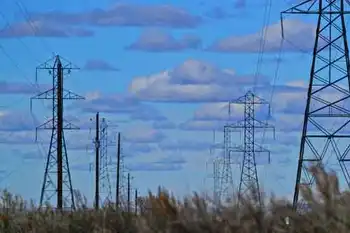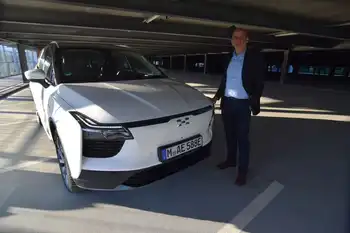Nuclear power called pivotal
By Milwaukee Journal Sentinel
NFPA 70e Training - Arc Flash
Our customized live online or in‑person group training can be delivered to your staff at your location.

- Live Online
- 6 hours Instructor-led
- Group Training Available
"We need to have all hands on deck," said Frank Jablonski of Progressive Law Group of Madison.
Jablonski told a pair of legislative committees that the nation needs to wean itself from its reliance on carbon-intensive fossil-fuel power plants as it seeks to reduce greenhouse gas emissions by 60% to 80% by 2050.
"You don't get there from here realistically without nuclear power being part of the mix," he said.
Jablonski is the former general counsel of Wisconsin's Environmental Decade, the group now known as Clean Wisconsin. At the hearing, the group's head of energy policy, Katie Nekola, cautioned against expanding nuclear power in the state.
Though the nation hasn't had any nuclear power industry accidents since the near meltdown at Three Mile Island in Pennsylvania 30 years ago this month, the industry still has risks and there are safer energy alternatives, she said.
"You don't see armed guards around wind turbines and energy-efficient buildings don't require 10-mile evacuation zones," Nekola said.
Thursday's hearing was designed to provide perspective on nuclear power, which generates one-sixth of the state's electricity, and came as the Legislature is considering relaxing the state's moratorium on building nuclear reactors.
State law says a nuclear plant can't be approved until the federal government has resolved the question of where to store radioactive waste — the spent nuclear fuel — that is a byproduct of nuclear power production.
Spent fuel is currently kept in concrete and steel casks at 55 reactors around the country, including the Point Beach plant in Wisconsin. Vaults to house casks have been built at the Kewaunee nuclear plant east of Green Bay, said Mark Kanz, spokesman for Dominion Resources Inc.
The Virginia-based company is seeking approval from the Nuclear Regulatory Commission to begin transferring spent fuel from a pool inside the Kewaunee reactor to the vaults outside the plant. The transfer of fuel to outside storage could begin later this year, Kanz said.
U.S. Energy Secretary Steven Chu told Congress that he considers the government's long-term plan for nuclear waste storage unworkable and said he plans to appoint a commission to recommend other strategies for how to dispose of spent fuel.
Patrick Moore, a co-founder of the environmental group Greenpeace who now heads an energy coalition funded by the Nuclear Energy Institute, said he believes the government should set up three or four sites for long-term storage of spent fuel, with the aim of starting research and initiatives to begin reprocessing nuclear fuel.
The demise of the Yucca Mountain proposal comes as Wisconsin electricity customers have paid more than $344 million over the years to the federal government to help pay for the project, according to Nuclear Energy Institute data.
But Wisconsin could have a stake in the demise of the Yucca Mountain plan, Nekola said, noting that a stretch of northern Wisconsin was considered as an alternative site for storing spent nuclear fuel before the Nevada site was selected by Congress.
Rep. Jim Soletski, (D-Green Bay), who chairs the Assembly Energy and Utilities Committee, said a measure to relax the state's moratorium on nuclear power will be included in a global warming bill that the Legislature may consider late this year or next year.





